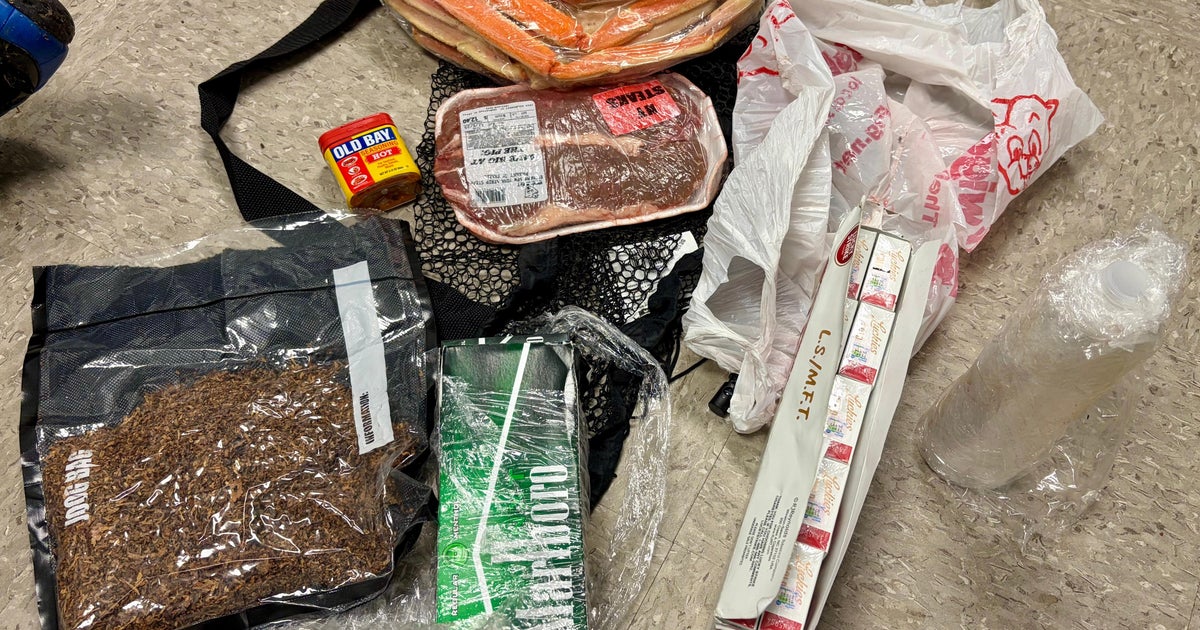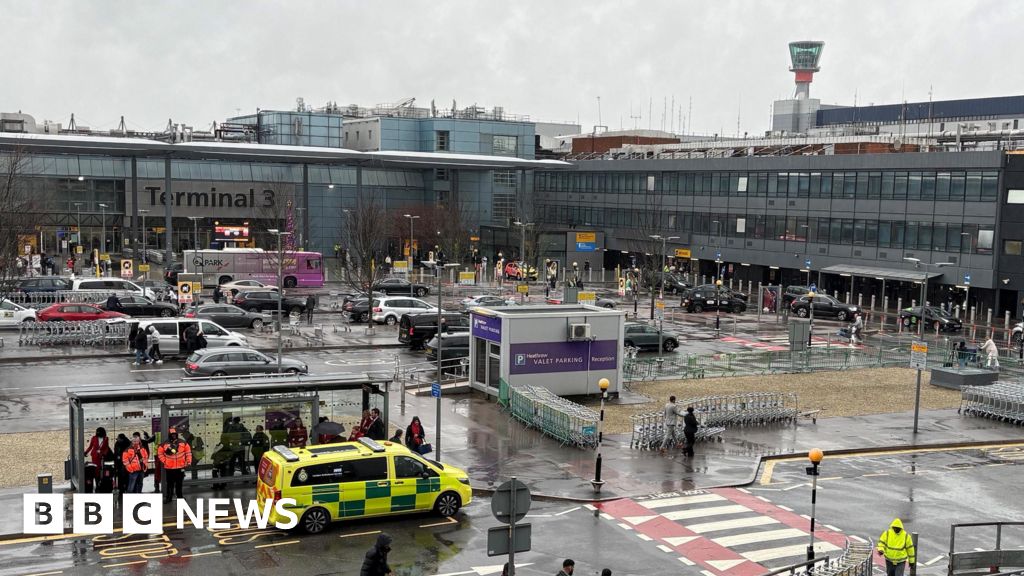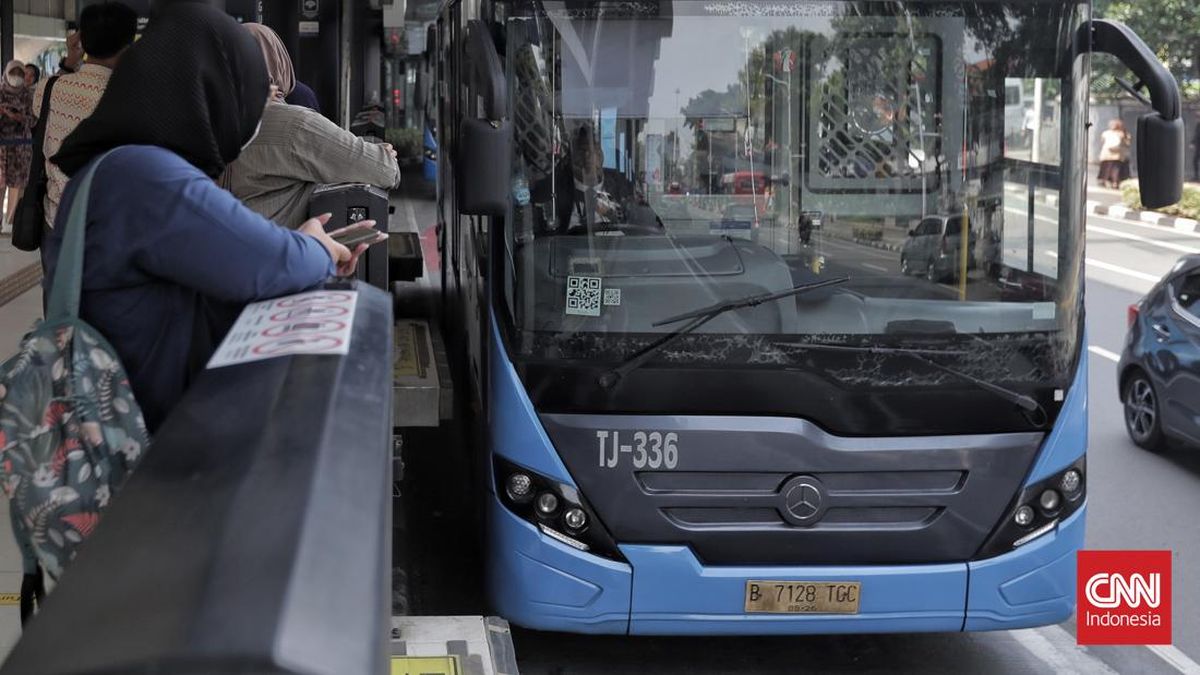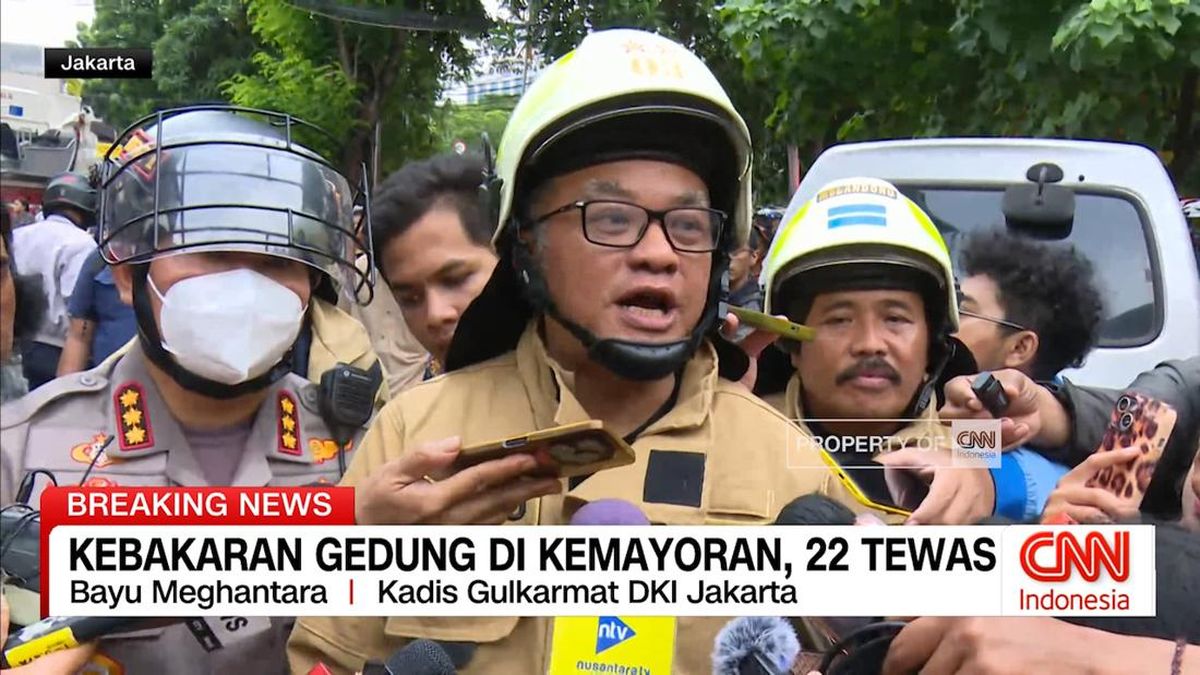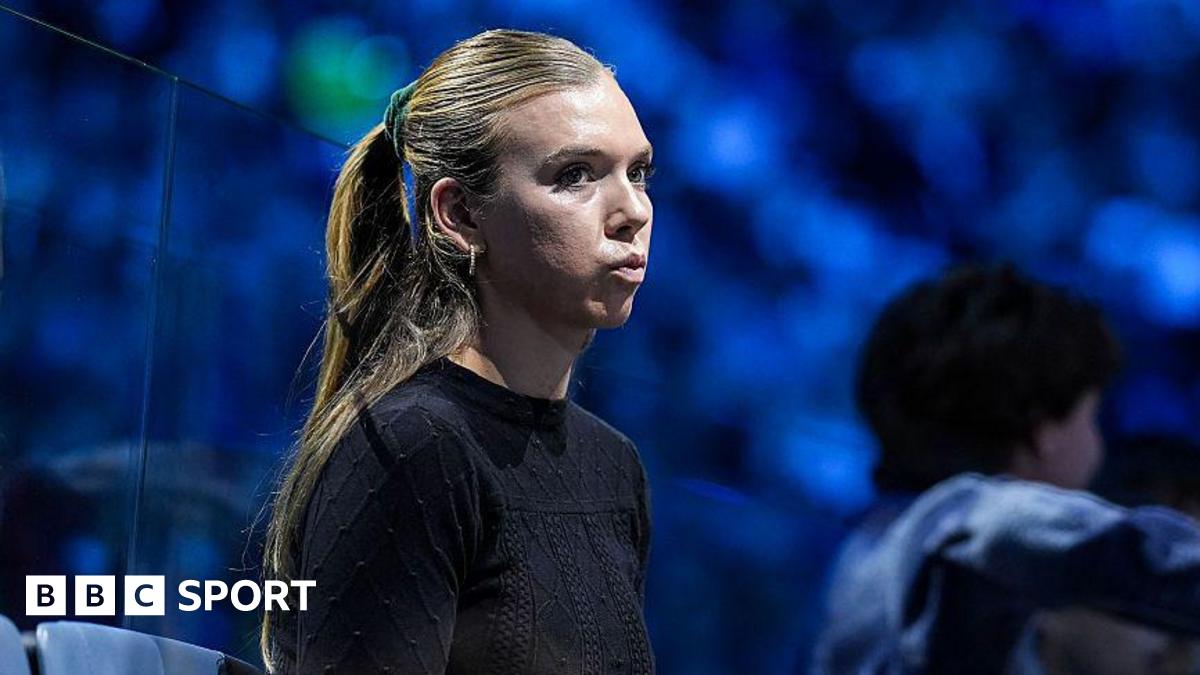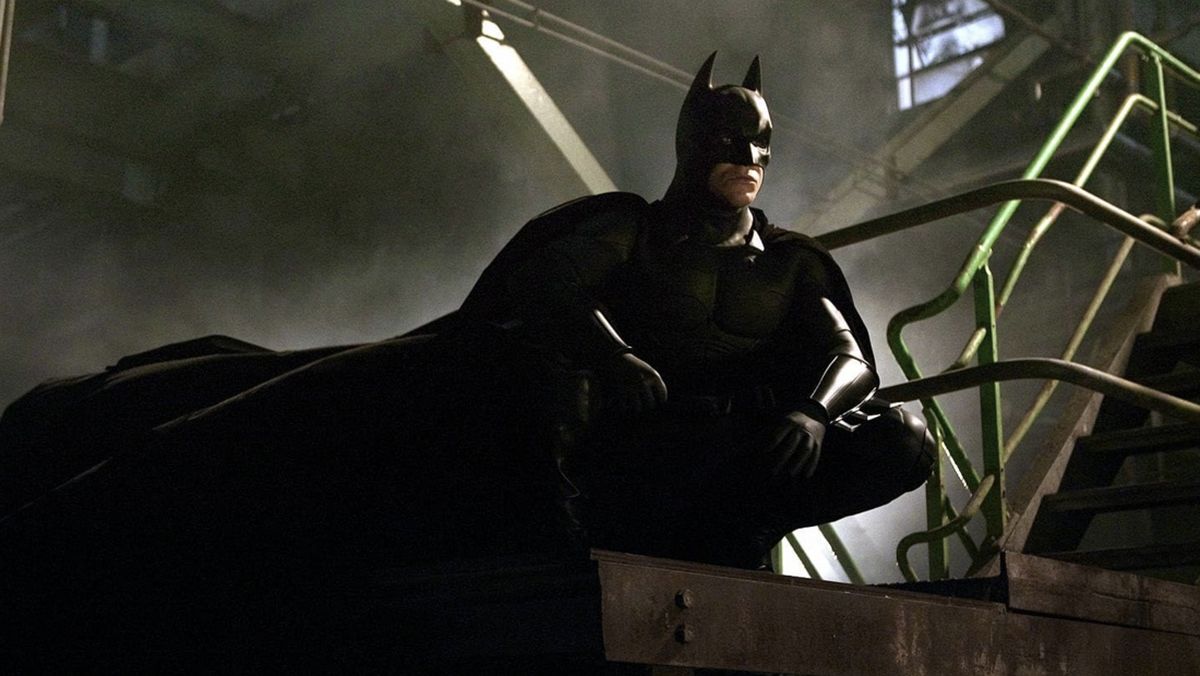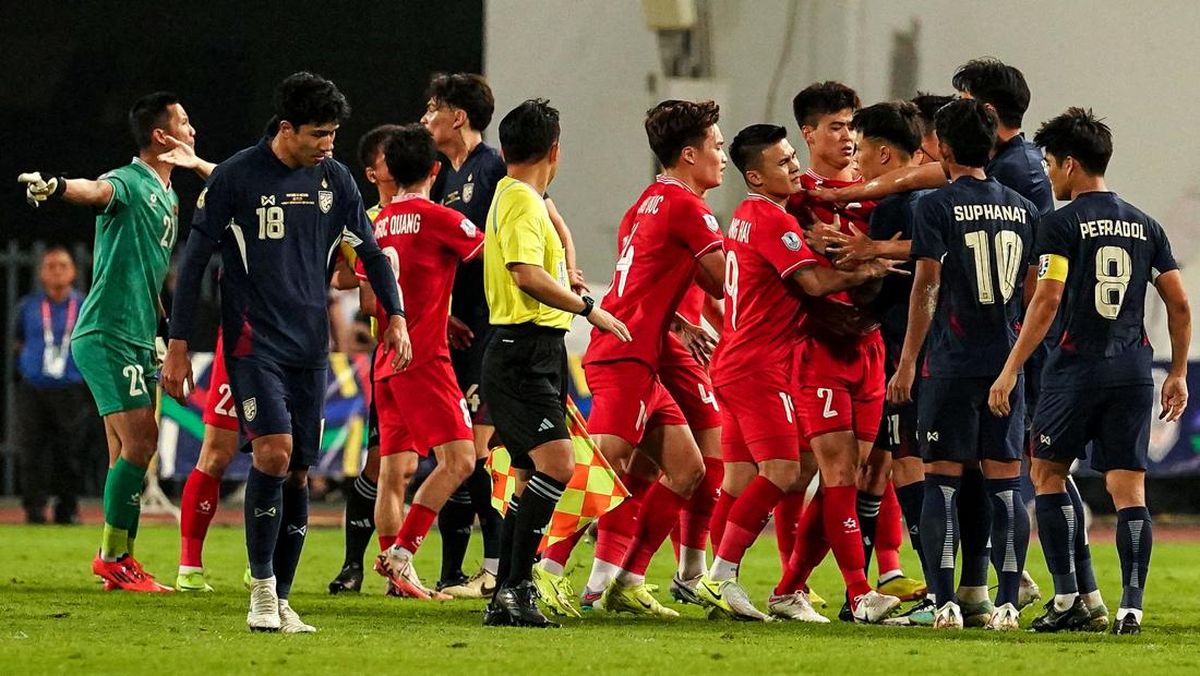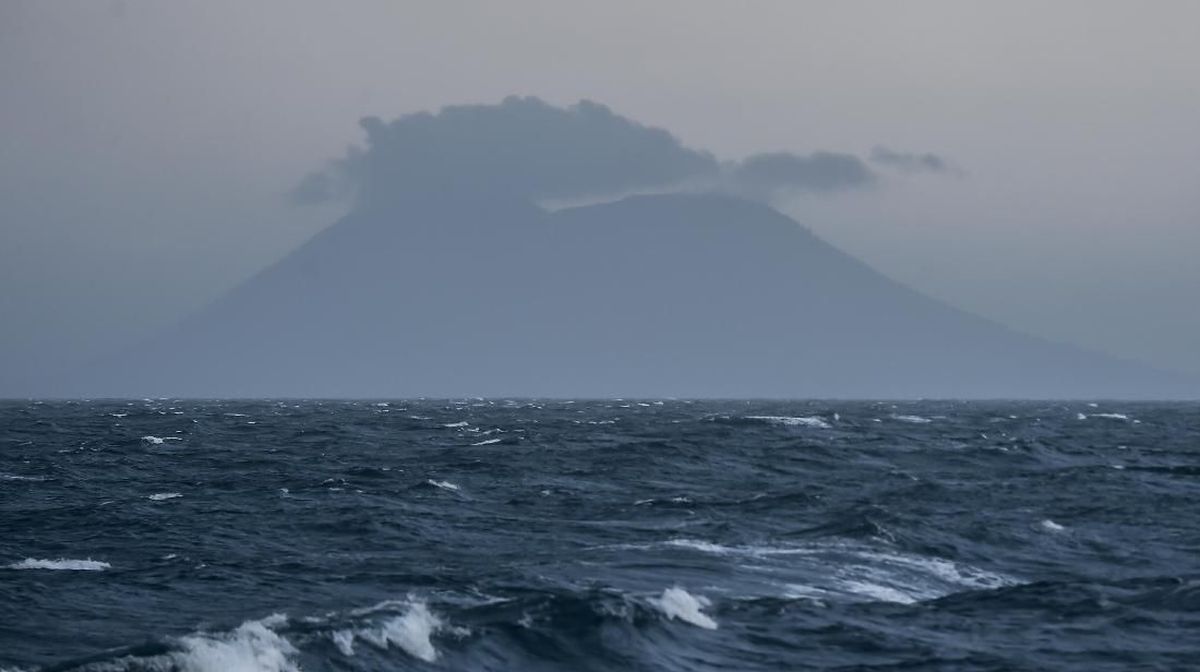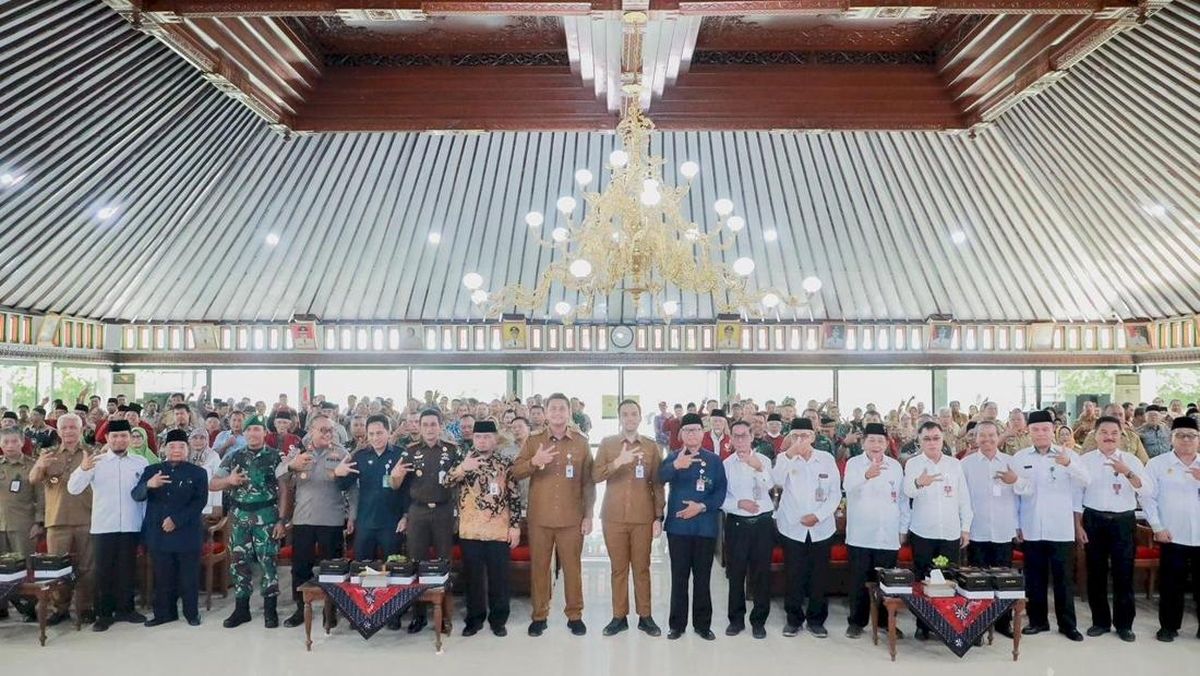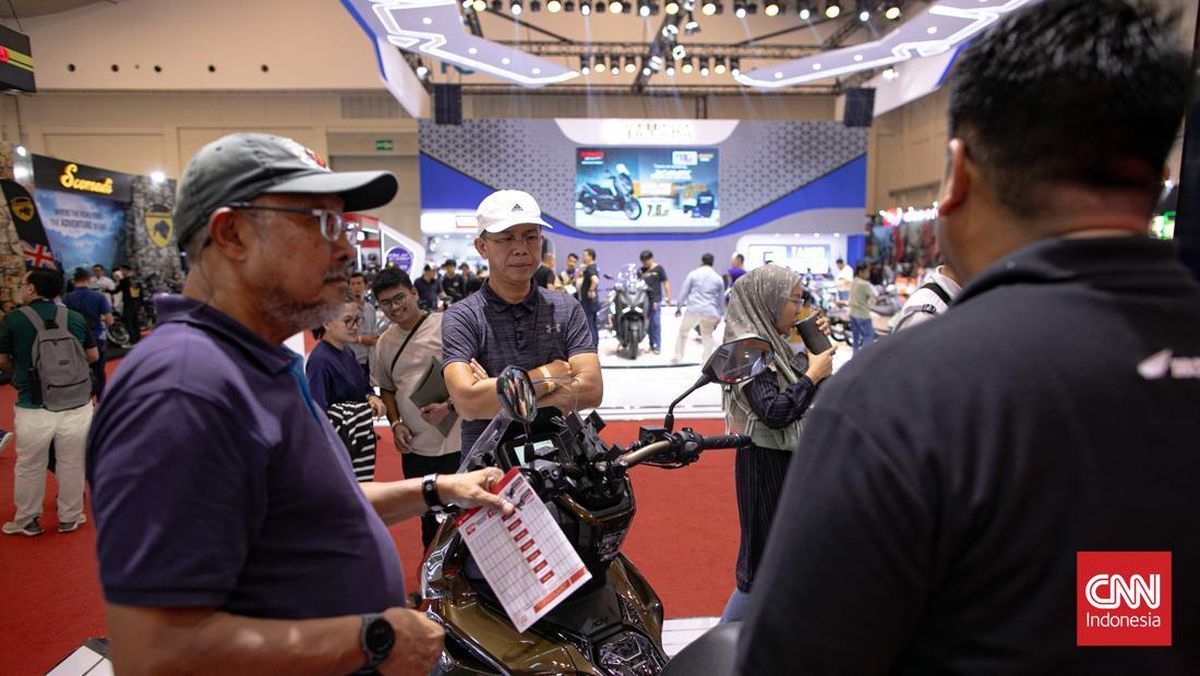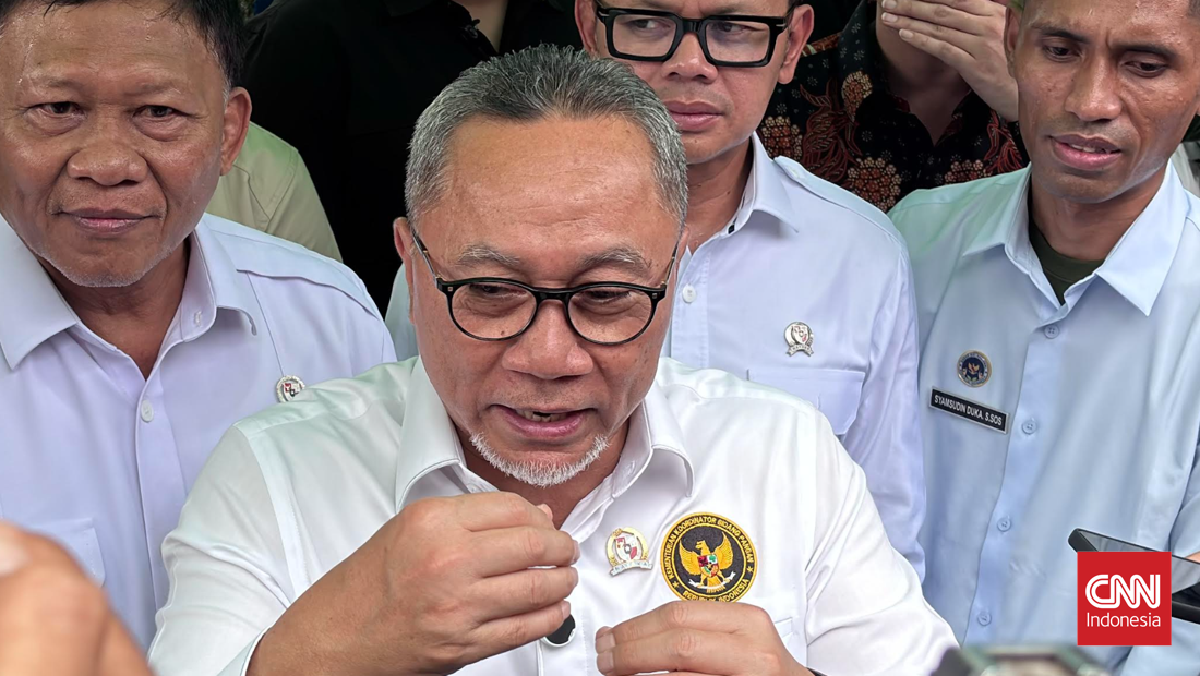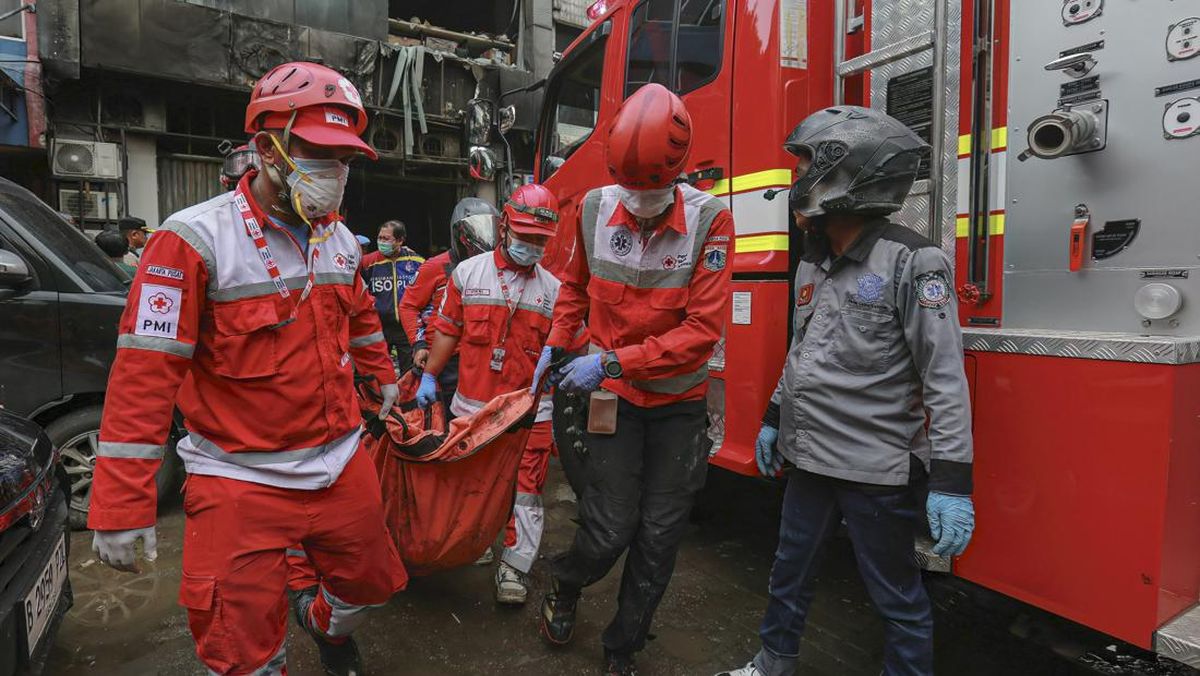An inquiry into Queensland’s 10¢ bottle recycling scheme has referred 10 complaints to the corruption watchdog after it uncovered “disturbing” claims of alleged bullying, harassment and intimidation.
Rob Molhoek, who chaired a parliamentary inquiry into Queensland’s Containers for Change scheme, tabled a 273-page report on his findings on Thursday morning.
He told parliament he expected the probe would analyse ways to lift recycling rates and improve collection facilities.

Queensland’s can and bottle recycling scheme, Container Exchange (COEX), has been the subject of a scathing parliamentary inquiry.Credit: Ben Rushton
But the committee heard from whistleblowers and operators who claimed bullying, harassment and intimidation by Container Exchange [COEX] staff across multiple sites – the not-for-profit body appointed by the state government to manage the scheme.
“There were also allegations that former employees manipulated markets to their benefit, securing new sites at the expense of existing operators,” he said.
Molhoek said evidence indicated aspects of the scheme’s establishment – in 2018 under the former Labor government – were rushed and poorly planned.
He said some operators were promised they would be supported through word-of-mouth agreements, only to be presented later with one-sided contracts contradicting earlier assurances.
“Others invested heavily in good faith, only to be left stranded by what they allege was the unconscionable conduct of COEX and individuals within it,” he said.
“We also heard allegations of inappropriate audit practices, including staff being asked to allow their personal belongings to be searched.”
Molhoek said evidence pointed to serious governance failings, unresolved conflicts of interest and complaints that he alleged were not resolved in a timely manner by the former government.
Loading
The committee referred 10 allegations to the Crime and Corruption Commission for investigation.
Molhoek said the scheme was administered by a not-for-profit company, owned by two of Australia’s largest bottlers, “effectively handing them monopoly control”.
He said COEX held substantial retained earnings, with no clear policy for using those funds for environmental or charitable purposes.
“Instead it appears those reserves have been used to reduce the bottlers’ own contribution rates, effectively transferring value from Queenslanders back to the beverage manufacturers that controlled the scheme,” he said.
“Let’s be clear, it’s everyday Queenslanders, mums, dads and kids who pay for this scheme.
“They cover the costs of the refunds as they are all built into the wholesale price of every drink they buy.”
In his committee’s report, Molhoek said it appeared the problems were “baked into” the scheme’s structure from the start.
In 2023, Brisbane Times revealed COEX was required to recover and recycle at least 85 per cent of the bottles and cans sold in Queensland by 2021-22, but it only reached 62.9 per cent, meaning people missed out on pocketing $65 million.
Despite that being grounds for the government to tear up the contract, it did not.
More to come
Start the day with a summary of the day’s most important and interesting stories, analysis and insights. Sign up for our Morning Edition newsletter.
Most Viewed in Politics
Loading

